Can End-stage kidney disease be cured? SS Kidney and Urology Hospital in Haryana
End-stage kidney disease (ESKD) and its progression to terminal illness continue to be a major cause of poor quality of life and untimely death. End-stage kidney disease (ESKD) is a severe condition, and conventional medical management (like SS Kidney Hospital - the best nephrologist in Haryana) and includes active monitoring for indicators of disease progression and early referral to specialists for dialysis or renal transplantation. Let us know more about this disease in detail - causes, symptoms & treatments.
What is end-stage kidney disease?
End-stage kidney disease also known as end-stage Renal Failure is considered the final most permanent stage of chronic kidney disease. The kidney at this stage are no longer capable of functioning on their own.
Your kidneys remove waste and excess fluids from your blood, which are expelled as urine. When your kidneys lose their filtering ability, harmful quantities of fluid, electrolytes, and waste can accumulate in your body.
If you suffer from end-stage renal illness, you must undergo dialysis or receive a kidney transplant. However, you can alternatively select conservative care to manage your symptoms, to maximise your quality of life in the time you have left.
Population-based research estimated the incidence of end-stage kidney disease (ESKD) at 152 per million people.
Diagnosis of Kidney Disease in Haryana
Chronic kidney failure is defined as the presence of both components (glomerular filtration rate [GFR] less than 60 mL/min and albumin more than 30 mg per gram of creatinine) associated with irregular kidney shape or function for more than three months.
GFR: A glomerular filtration rate (GFR) test determines how well your kidneys eliminate waste from your bloodstream. The National Kidney Foundation defines normal GFR as 90 to 120 mL/min/1.73 m2. GFR diminishes with age, hence elderly people's GFR levels will be lower than usual.
You might also undergo physical and neurological evaluations, as well as additional testing like:
-
Blood tests detect the quantity of waste products, such as creatinine and urea, in your blood.
-
Urine tests are used to determine the level of protein albumin in your urine
-
Imaging tests, such as ultrasound, MRI, or CT scan, to assess your kidneys and look for abnormal areas.
-
Removing a sample of kidney tissue (biopsy) to analyse under a microscope to understand what sort of kidney disease you have and the extent of the damage.
Stages of Kidney Diseases
There are five phases of kidney disease. Your healthcare practitioner will do a blood test to establish your glomerular filtration rate (GFR).
The end-stage kidney disease occurs when your kidneys stop functioning at the level required to keep you alive. As part of the kidney disease staging process, your provider may also test your urine for protein.
| Stages |
GFR level |
Kidney Function |
|---|---|---|
| Stage 1 |
90 or greater than 90 |
Considered healthy |
| Stage 2 |
60 to 89 |
Considered mild |
| Stage 3a |
45 to 57 |
Considered mild to moderate |
| Stage 3b |
30 to 44 |
Considered moderate to severe |
| Stage 4 |
15 to 29 |
Considered severe |
| Stage 5 |
Less than 15 |
Considered end-stage |
End-stage renal disease generally develops when kidney function is less than 15% of the average kidney function. It is best to consider a doctor or clinic for regular checkups
Symptoms of CKD
Many chronic conditions can lead to end-stage kidney failure. In many developed and emerging nations, diabetes mellitus is the primary cause. Other factors include:
-
Nausea & vomiting
-
Loss of appetite and weakness
-
Change in urine cycle
-
Increase in chest pain
-
Swelling in the body especially - arms & legs
-
High blood pressure and headaches
-
Muscle twitches and increased cramps
-
Difficulty in sleeping - insomnia
-
Metallic taste in the mouth.
Signs and symptoms of kidney disease are frequently vague, which means they might be caused by different ailments. Because the kidneys can compensate for reduced function, symptoms may not manifest until permanent damage has occurred.
Treatment of end-stage kidney disease
Every disease has a treatment. End-stage kidney disease treatment consists of adjusting parameters based on the patient's appearance. There are 3 main treatments:
Kidney Transplant: A kidney transplant is a surgical operation that involves placing a healthy kidney from a living or deceased donor into a person whose kidneys are no longer functioning correctly. A kidney transplant is frequently the preferred treatment for end-stage renal illness over a lifetime of dialysis.
You may need to spend many days or weeks in the hospital. After you leave the hospital, you should expect to have regular visits to monitor your progress while you heal. You may be prescribed a variety of drugs to prevent your immune system from rejecting your replacement kidney and to lower the chance of post-operative problems such as infection.
Dialysis: When your kidneys are unable to function properly, dialysis is used to supplement their functioning. This includes eliminating excess fluids and waste items from your blood, restoring electrolyte balance, and assisting with blood pressure regulation.
Other treatments: Other therapy options depend on your symptoms and may include:
-
Add calcium and vitamin D. (Consult with your doctor before using supplements.)
-
Phosphate binders to prevent phosphorus levels from becoming too high.
-
Anaemia treatment options include consuming more iron, taking iron tablets or injections, receiving erythropoietin shots, and undergoing blood transfusions.
-
Blood pressure medicines
When a patient is diagnosed with end-stage kidney failure, a large proportion of them will require dialysis, and a fortunate few may be eligible for a kidney transplant. Unfortunately, end-stage renal failure greatly increases morbidity and mortality while also incurring large expenses for the healthcare system. As a result, the condition is best addressed by an interprofessional team committed to achieving optimal disease management and improving patient outcomes.
The kidney doctors at SS Kidney Hospital situated in Haryana is one of the best teams which consists of all the members listed above. The best way to cure this disease and live a healthy and long life is to contact them
End-stage kidney disease treatment will most likely continue with the same healthcare practitioner and care team that you have been seeing for chronic kidney disease. If you are not currently being treated by a doctor who specialises in kidney disorders (a nephrologist), you may be sent to one as your condition worsens.

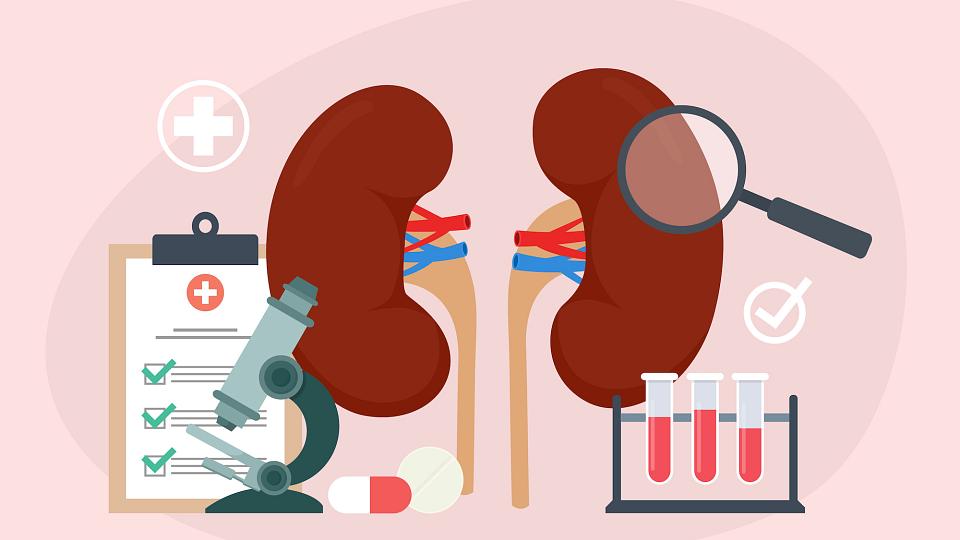


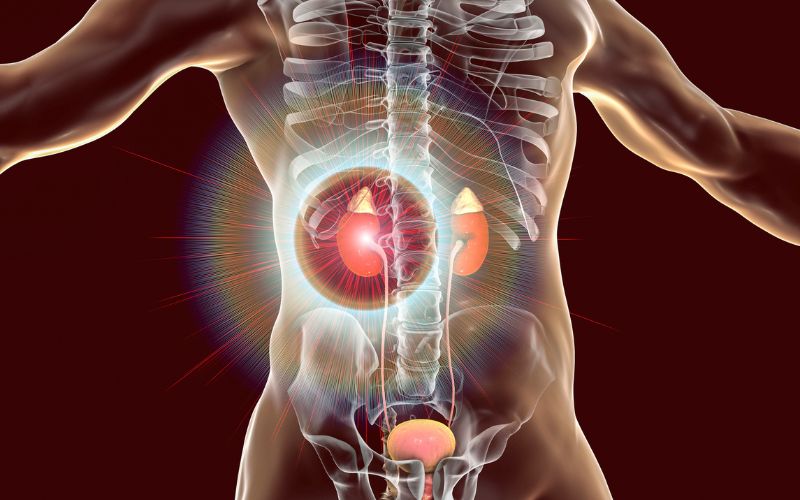
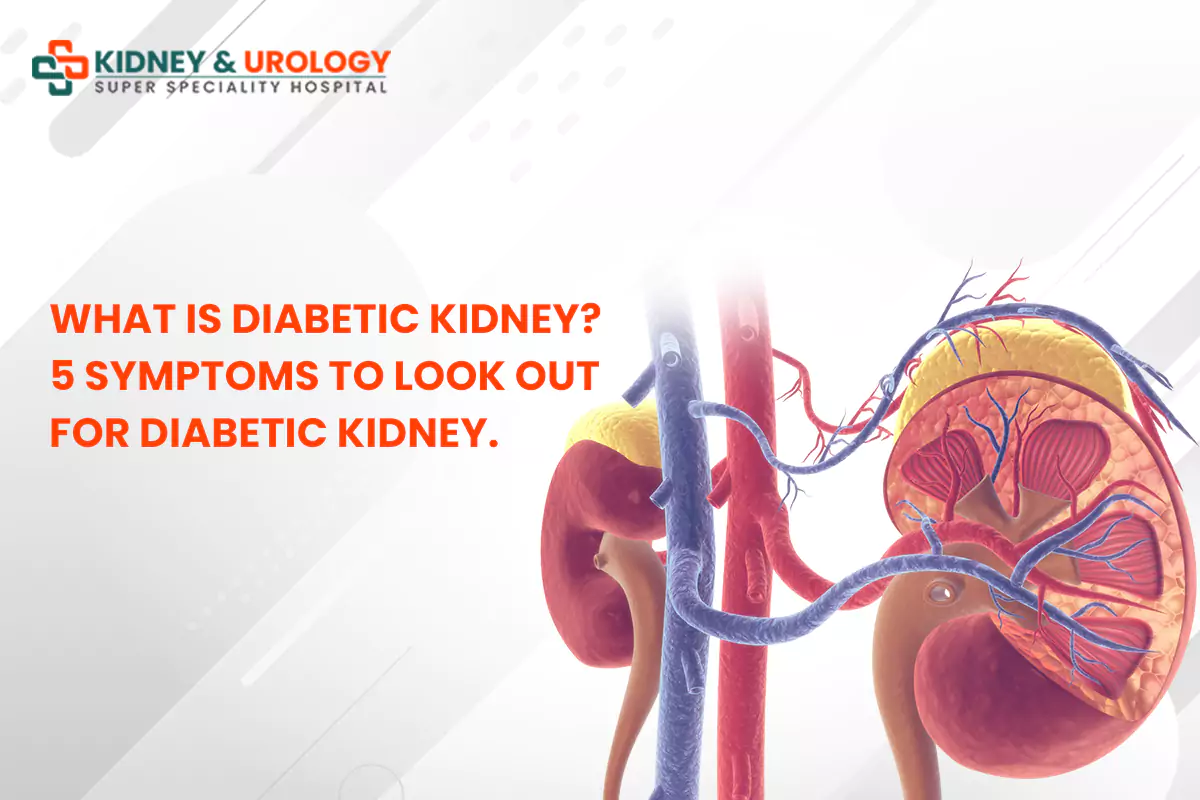
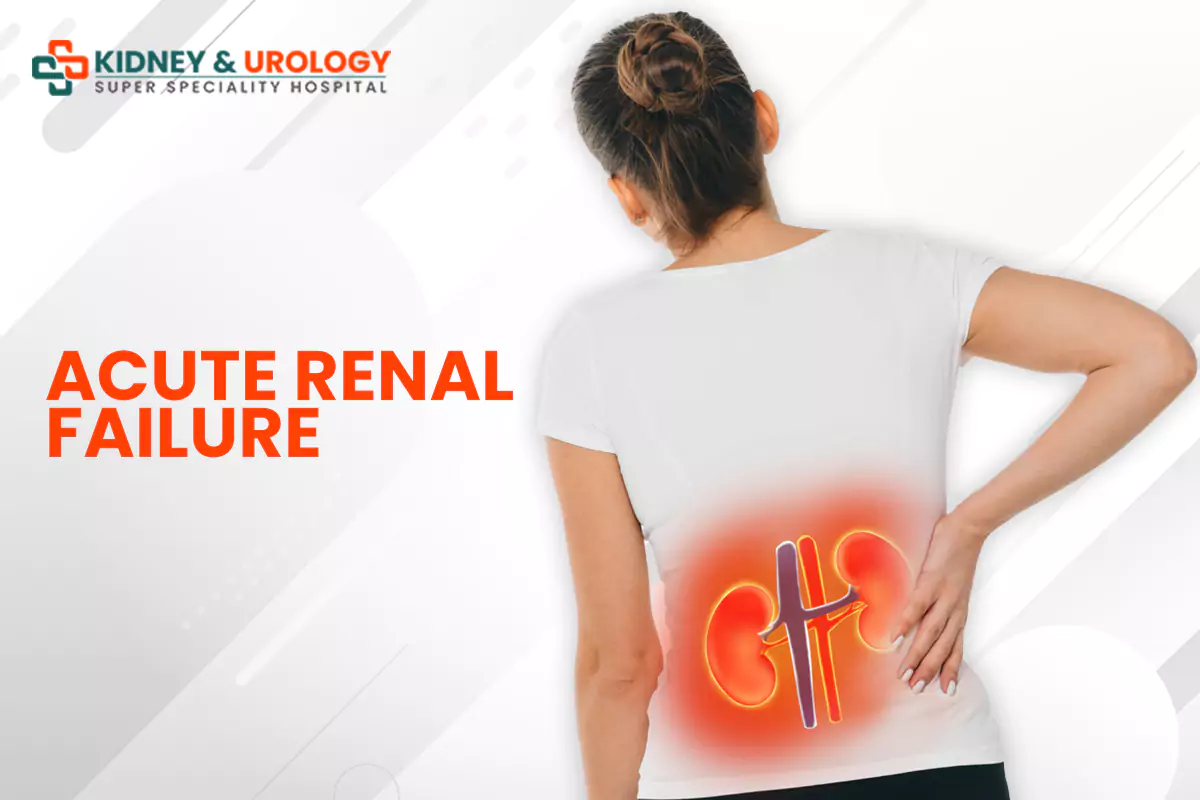
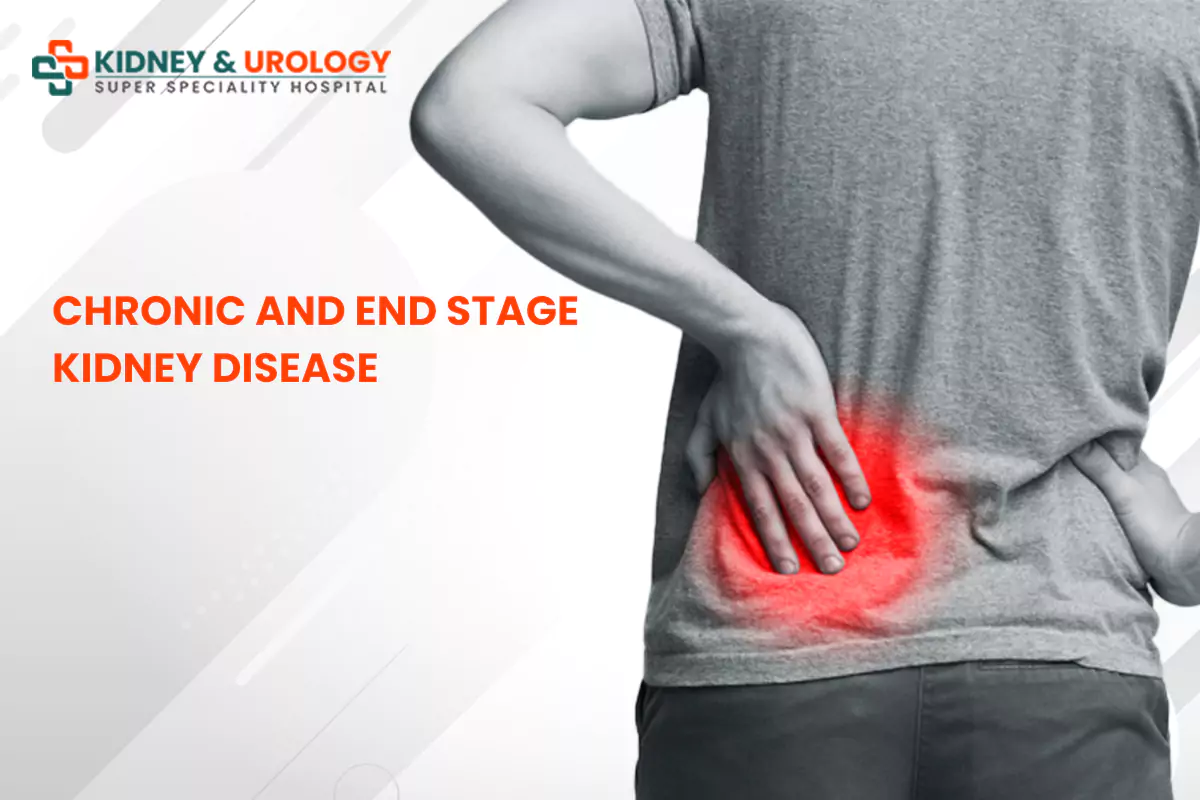

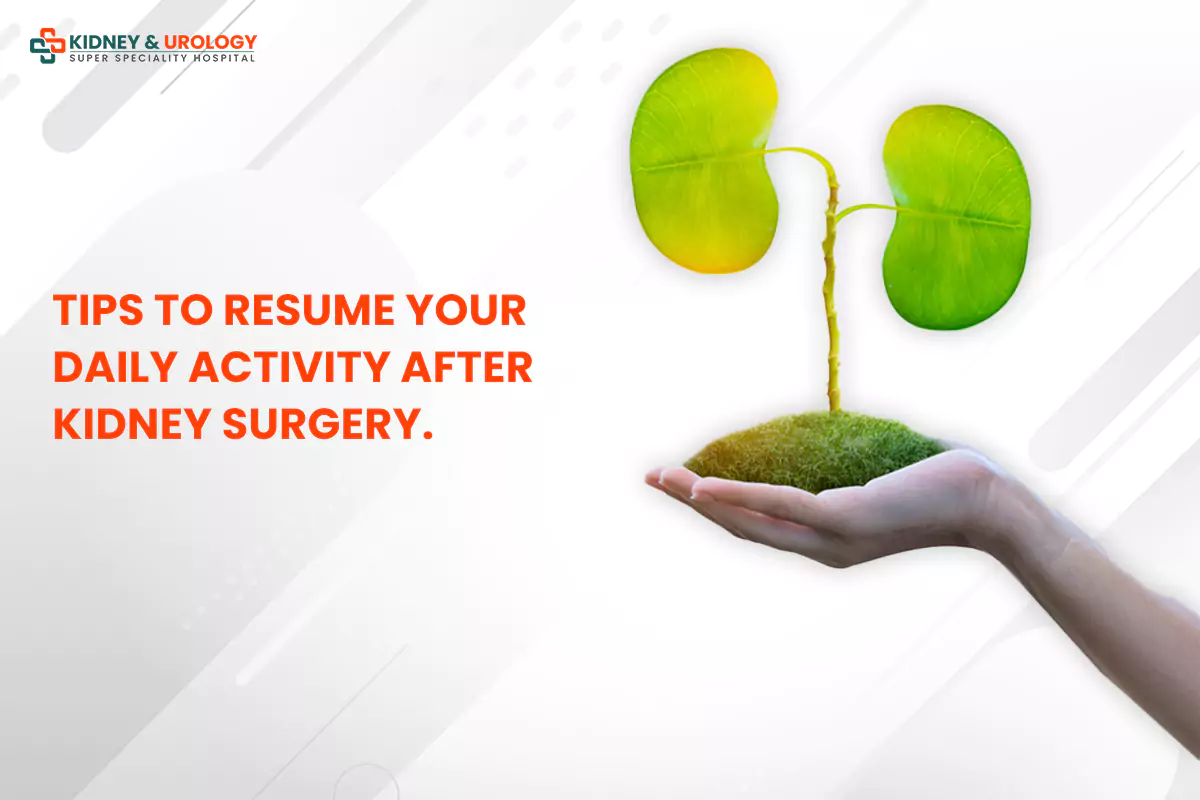




Request A Callback